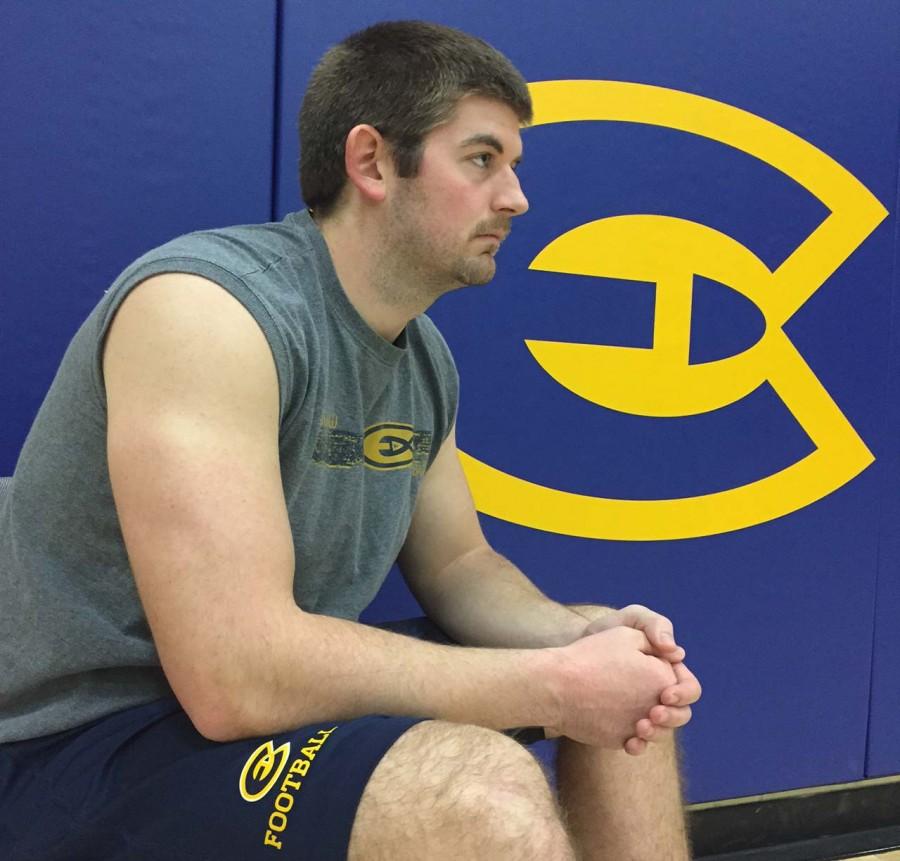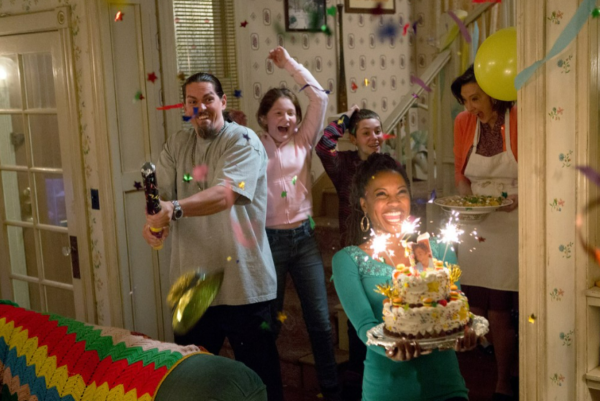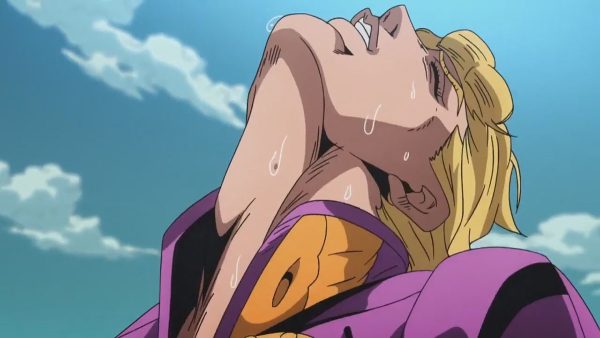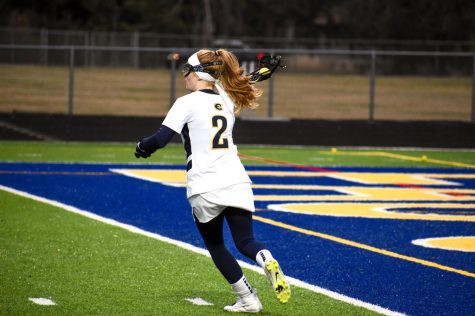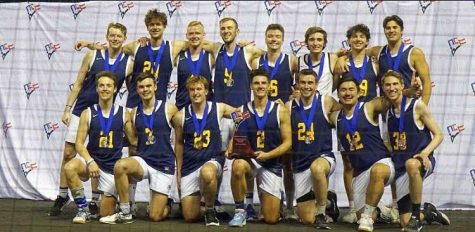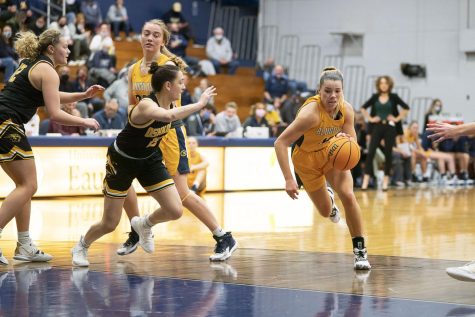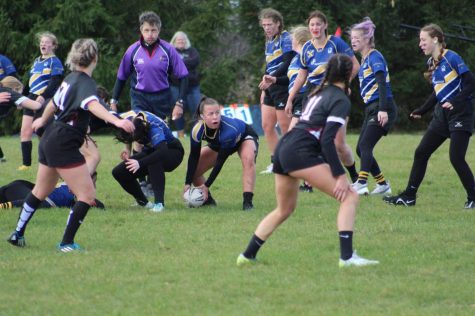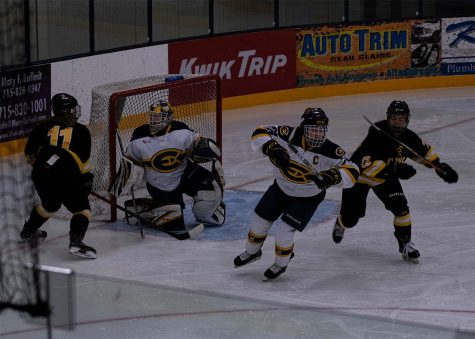Put me in, coach
Two UW-Eau Claire seniors share their experiences of playing four years of a college sport without ever seeing major playing time
More stories from Meghan Hosely
Photo by Meghan Hosely
Senior Alex Arendt, who played for the Blugolds football team, was one of the many student-athletes who saw limited time for their respected teams.
There are 11 starting players on the defensive side of a football field during a collegiate game. For the past four years, senior Alex Arendt wasn’t one of them.
The top 18 swimmers on the men’s swim and dive team punch their ticket each year to the conference meet, and for two of the four years, senior Jake Mehring wasn’t able to represent his team because he didn’t receive an offer.
For most collegiate athletes, being recruited might come with the idea that they will work their way into the starting lineup. Unfortunately, that is a reality for only few athletes.
UW-Eau Claire softball coach Leslie Huntington said the main reason she wants more players on the team than spots on the field are for a few reasons, the main one being injury-related.
“You can never predict the kinds of injuries you’re going to have,” Huntington said. “You have to have some depth at different positions so that if and when those things happen … you’re able to put another person into the game that’s able to get the job done.”
Huntington said she typically tries to communicate with her athletes who don’t see a lot of playing time on a regular basis. The purpose of that, she said, is to reaffirm to her athletes that their role is vital to the team.
Arendt said he’s had similar conversations with his former UW-Eau Claire football coach, Todd Glaser, about what playing time would look like for him.
“My coach would sometimes come up to me and talk to me about what’s going on,” Arendt said. “He just told me what my role is and I just accepted it. I always tried my best, and sometimes your best isn’t good enough.”
For Mehring, the senior said swim and dive is a little different than team sports such as football or softball. During the regular season, he was always slotted to swim, no matter how he compared to his teammates.
Things don’t get competitive until the postseason when the conference meet rolls around.
Mehring found himself on the conference team his freshman year. The following two years, he didn’t receive an offer, and this past season, Mehring said he was an alternate.
As an alternate, Mehring said, he was able to swim during the preliminary rounds, but he wasn’t able to swim in the finals for his event.
Even though Mehring had the opportunity to be part of a conference team during his tenure at UW-Eau Claire, he said the number one drive for him to stay on the team was his teammates.
“We’re a really good team about cheering for everyone,” he said. “We always have at least five people behind the lane yelling. Everyone on the team, I was good friends with, so it made it really easy (to stay).”
As far as staying on the football team all four years, Arendt also said the friends he made added an extra incentive for him to stick with it.
“I made a lot of friends (through football),” he said. “I didn’t want to let them down.”
Arendt said he’s seen other teammates step down from the team simply because they weren’t seeing playing time on the field. For Arendt, he said, he “hated” to see his teammates leave, and friendships have faded because of it.
Even though Arendt didn’t see any starting time on the field throughout his time at Eau Claire, the fact that he got to put on a jersey was worth it.
“At the end of the day,” he said, “I’m just doing what I love.”

